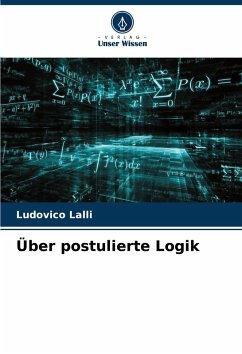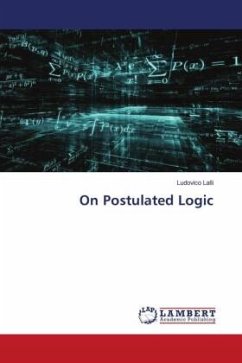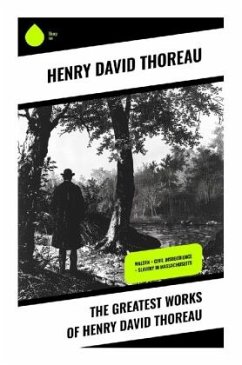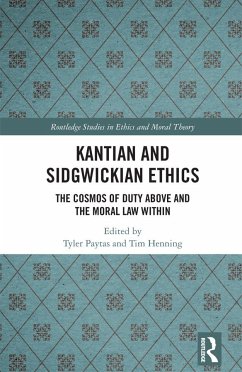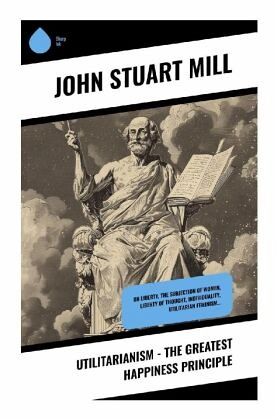
Utilitarianism - The Greatest Happiness Principle
On Liberty, The Subjection of Women, Liberty of Thought, Individuality, Utilitarian Feminism...
Versandkostenfrei!
Versandfertig in 6-10 Tagen
12,60 €
inkl. MwSt.

PAYBACK Punkte
0 °P sammeln!
In "Utilitarianism - The Greatest Happiness Principle," John Stuart Mill meticulously explores the ethical framework of utilitarianism, which posits that the best action is one that maximizes happiness for the greatest number. Through a combination of empirical observations and philosophical inquiry, Mill presents a compelling argument advocating for the pragmatic evaluation of moral actions based on their consequences. He employs a clear and accessible literary style that balances rigorous analysis with eloquent prose, situating his work within the broader context of 19th-century moral philos...
In "Utilitarianism - The Greatest Happiness Principle," John Stuart Mill meticulously explores the ethical framework of utilitarianism, which posits that the best action is one that maximizes happiness for the greatest number. Through a combination of empirical observations and philosophical inquiry, Mill presents a compelling argument advocating for the pragmatic evaluation of moral actions based on their consequences. He employs a clear and accessible literary style that balances rigorous analysis with eloquent prose, situating his work within the broader context of 19th-century moral philosophy and its contemporaneous debates over individual rights and societal welfare. John Stuart Mill, a renowned British philosopher, and political economist, was influenced by his early exposure to radical thinkers and his rigorous education under the tutelage of his father, James Mill. His profound commitment to liberalism, social reform, and empirical evidence informed his discourse on utilitarianism, making it a pivotal work in the canon of ethical theory. Mill's personal experiences with social injustice and his advocacy for civil liberties undoubtedly shaped his philosophical stance on the importance of collective happiness. "Utilitarianism - The Greatest Happiness Principle" is essential reading for anyone seeking to understand the philosophical underpinnings of ethics in public policy and personal decision-making. Mill's insights continue to resonate today, challenging readers to consider the ramifications of their choices while promoting a vision of morality rooted in collective well-being. This book is a cornerstone for students and scholars alike, inviting deeper reflection on the foundational ideals of happiness and morality.




